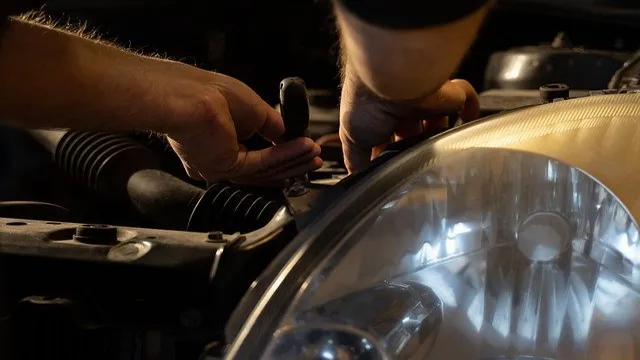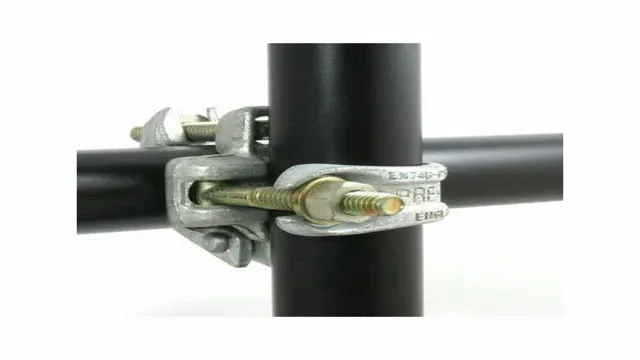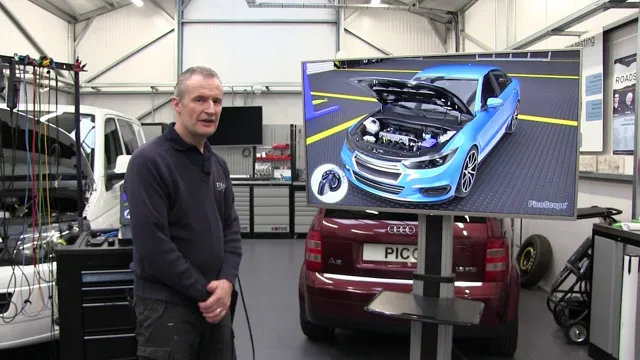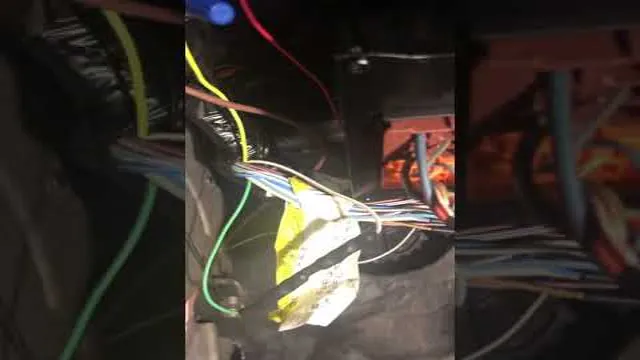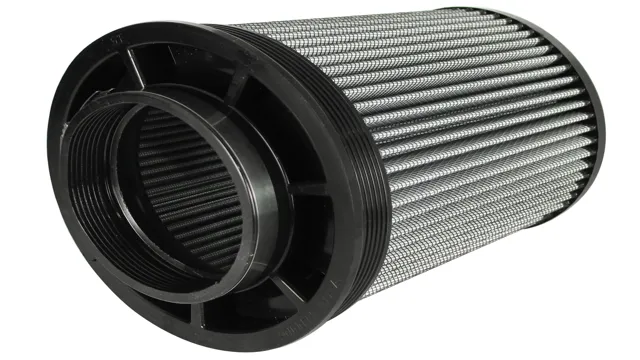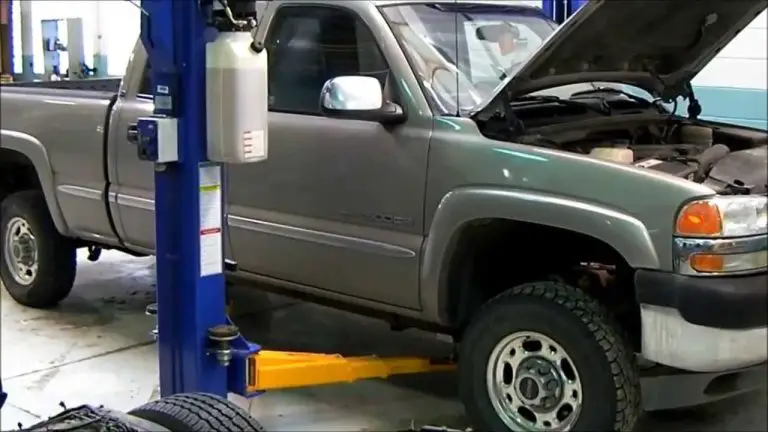Rod Knock Prevention: 10 Tips to Extend the Life of Your Engine
Hey there, fellow car enthusiasts! Are you worried about the longevity of your car’s engine? It’s a no-brainer that engines are the main component of every vehicle, making it essential to maintain them and keep them running smoothly. Unfortunately, one of the common problems encountered in engines is a rod knock. If you hear a knocking noise coming from the engine, don’t panic! Rod knock can be a serious issue, but it can be fixed.
In this blog post, we’ll share tips and tricks to help you extend your engine’s life with rod knock. So don’t think about getting a new car yet, and let’s dive in!
Identify and Address the Cause of Knock
If you’re experiencing rod knock in your engine, it’s important to identify and address the cause of the issue, in order to extend the life of your engine. Rod knock is typically caused by issues with the connecting rod bearings, which can become worn or damaged over time. These bearings connect the piston to the crankshaft, and if they become worn, they can cause the rod to knock against the crankshaft.
To address the issue, it may be necessary to replace the connecting rod bearings, or even the entire connecting rod. In some cases, the issue may be related to low oil pressure or dirty oil, which can cause excess wear on the bearings. Keeping up with regular oil changes and using high-quality oil can help prevent this type of damage and extend the life of your engine.
By taking steps to address the root cause of rod knock, you can help ensure that your engine keeps running smoothly for years to come.
Diagnostic Tools
When you notice a knocking sound coming from your engine, it’s important to address it quickly before it causes further damage. One diagnostic tool you can use to identify the cause of the knock is a mechanic’s stethoscope. With this tool, you can listen to different parts of the engine while it’s running to determine where the sound is coming from.
Another useful diagnostic tool is an engine analyzer, which can help you identify any issues with the engine’s timing or ignition system. You can also use a compression tester to check the engine’s compression levels, as low compression can cause knocking. Once you’ve identified the cause of the knock, you can take steps to address it.
For example, if the knock is caused by low oil pressure, you may need to replace the oil pump or add more oil. If the knock is caused by worn bearings, you may need to replace them. By using diagnostic tools and addressing the cause of the knock, you can ensure your engine runs smoothly and avoid costly repairs down the line.
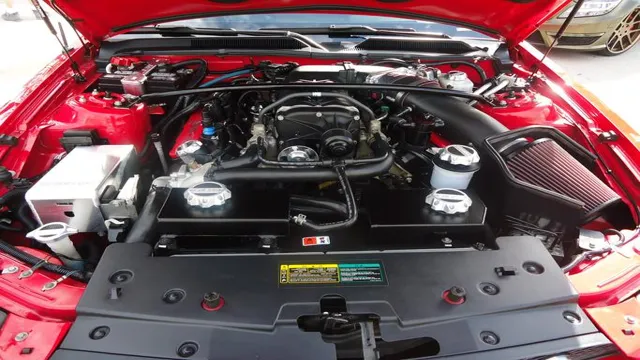
Common Causes of Knock
When it comes to engine knock, there can be a few common causes that drivers should look out for. One cause is the use of fuel with too low of an octane rating, which can lead to premature ignition and result in a knocking sound. Another cause can be carbon buildup in the engine, which can lead to hot spots that ignite the fuel too early.
Faulty spark plugs and improper timing can also contribute to engine knock, as can issues with the fuel injection system and incorrect air-to-fuel ratios. It’s important for drivers to identify and address the cause of knock as soon as possible, as prolonged knock can lead to serious damage to the engine. By keeping up with regular maintenance and using the appropriate fuel and oil, drivers can keep engine knock at bay and keep their engines running smoothly.
Optimize Engine Performance and Maintenance
If you’re experiencing a rod knock in your engine, don’t panic! There are several steps you can take to extend the life of your engine and avoid costly repairs. Firstly, make sure you are using high-quality oil and changing it regularly, as this will reduce friction and wear on the bearings. Additionally, avoid putting excess stress on the engine by driving at high speeds or towing heavy loads for long periods of time.
It’s also important to listen to your engine and address any unusual noises or vibrations immediately to prevent further damage. Regular routine maintenance such as changing the oil, filters, and spark plugs can also help to keep your engine running smoothly. Lastly, don’t neglect to have routine professional inspections, as a mechanic can identify and address any potential issues before they result in major damage.
With these steps, you can help to extend the life of your engine and keep your vehicle running smoothly for years to come, even with a pesky rod knock.
Regular Oil Changes
Regular oil changes are essential for optimizing engine performance and maintenance. When you change your car’s oil, you’re removing harmful dirt and debris that accumulates over time, ensuring that your engine runs smoothly. It’s recommended that you change your oil every 3,000 miles or so, depending on your car’s make and model.
Without regular oil changes, dirt and other particulates can build up in your engine, leading to corrosion and poor fuel economy. Additionally, regular oil changes can extend the life of your engine by reducing wear and tear on internal components. Think of it like getting regular checkups at the doctor – it’s a preventative measure that can save you money in the long run by avoiding major repairs.
So, don’t skip out on those regular oil changes, and keep your engine running like a well-oiled machine!
Use High-Quality Oil and Filters
Optimizing engine performance and maintenance is crucial for ensuring that your vehicle runs smoothly and lasts for a long time. One of the easiest ways to achieve this is by using high-quality oil and filters. Cheap or low-quality oil can cause engine damage and decrease your car’s lifespan, while dirty filters can restrict oil flow and lead to decreased fuel efficiency.
Investing in high-quality oil and filters may cost a little more upfront, but it can save you money in the long run by preventing engine damage and improving your vehicle’s overall performance. Think of it like using premium gasoline instead of regular – it may cost more, but it’s worth it for the improved performance and longevity of your car. By using the right oil and filters, you can ensure that your engine is running at its best and that your car stays on the road for years to come.
Keep Engine Clean and Cool
Keeping your engine clean and cool is essential to optimize its performance and ensure proper maintenance. When your engine is running, it produces heat which can cause damage if it’s not properly dispersed. To keep your engine cool, make sure your radiator is functioning effectively and full of coolant.
It’s also crucial to clean your engine frequently to prevent the accumulation of debris, such as dirt, grime, and oil, which can hinder its performance and reduce its lifespan. Neglecting engine cleanliness may result in clogs, overheating, and ultimately a breakdown. So, just as you wouldn’t let your house become cluttered and dirty, don’t neglect your engine’s upkeep.
Ensure it stays cool and clean, and you’ll enjoy a more efficient and durable engine over the long run. Remember, a little maintenance goes a long way.
Consider Repairs or Replacement
Rod knock is a big problem for engine owners. It’s the sound of the connecting rod banging against the crankshaft and can lead to catastrophic engine failure if not addressed. There are a few things you can do to extend the life of an engine with rod knock.
First and foremost, consider repairing or replacing the engine. While it can be expensive, it’s often the most effective way to ensure your vehicle runs smoothly and safely for years to come. If you choose to repair the engine, make sure to use high-quality replacement parts to ensure optimal performance.
Another way to extend the life of your engine is to maintain it regularly. This means changing the oil and filters on a regular basis, and keeping an eye out for any signs of wear or damage. A little maintenance can go a long way in preventing major problems down the line.
Finally, drive your vehicle responsibly. Avoid aggressive driving, and keep your RPMs and speed in check. By taking these steps, you can help your engine last longer and avoid costly repairs or replacements.
Replace Damaged Rods and Bearings
If you’re experiencing issues with your machinery, it’s essential to consider repairs or replacement options. One common issue that can arise with machinery is damage to rods and bearings. If you notice unusual noises or vibrations coming from your equipment, it may be a sign of damaged rods or bearings.
Ignoring these issues can lead to more significant problems and expensive repairs down the line. Fortunately, replacing these components is typically a straightforward process and can improve the performance and lifespan of your machinery. Don’t hesitate to consult with a professional to determine the best course of action for your specific situation.
By being proactive and addressing these issues early on, you can keep your equipment running smoothly and save yourself time and money in the long run.
Install Performance Upgrades
When it comes to improving your automobile’s performance, you could consider installing various upgrades to enhance the power output. However, before jumping into performance upgrades, it’s essential to consider the state of your vehicle’s parts to avoid any further damage. Repairs or replacement of any worn-out or damaged components such as belts, spark plugs, or air filters, among others, can significantly improve your vehicle’s performance.
Neglecting these basic repairs can lead to a decrease in fuel efficiency, poor acceleration, and an increase in emissions. But once your car is in good condition, you can then consider performance upgrades such as installing a high-performance exhaust system, adding a cold air intake, or even upgrading your car’s engine control unit. Upgrading is a great idea for auto enthusiasts looking to improve their car’s speed and power.
Conclusion: Keep Your Engine Running Strong
To extend the life of an engine with rod knock, one must treat it like a beloved pet – give it the right kind of oil, feed it regularly with mindful maintenance, and give it plenty of rest and gentle driving. Avoid pushing it to its limits or making it work too hard. And remember, just like a pet, a little tender loving care can go a long way in extending its life.
So, take care of your engine like you would your furry friend, and it’ll keep purring for years to come!”
FAQs
What is rod knock and how does it affect the engine life?
Rod knock is the sound produced in the engine when the connecting rod bearing gets damaged and starts knocking against the crankshaft. If left untreated, it can cause severe damage to the engine and ultimately lead to its failure, reducing its life.
What are the causes of rod knock?
Rod knock is mainly caused by lack of proper maintenance, low oil pressure, poor lubrication, overheating, or using the wrong type of oil. Any of these factors can cause the bearings to wear out and lead to rod knock.
How can I extend the life of an engine with rod knock?
To extend the life of an engine with rod knock, you should take immediate action and get the bearings replaced before the problem gets worse. Regular maintenance and proper oiling can also prevent any future issues. You can also drive the car at a lower speed and avoid putting it under heavy loads to reduce the strain on the engine.
Is it worth repairing an engine with rod knock?
It depends on the extent of the damage and the cost of repairs. If the damage is severe, it may be more cost-effective to replace the engine instead of repairing it. However, if the damage is minimal and caught early, repairing the engine may be a viable option to extend its life.

